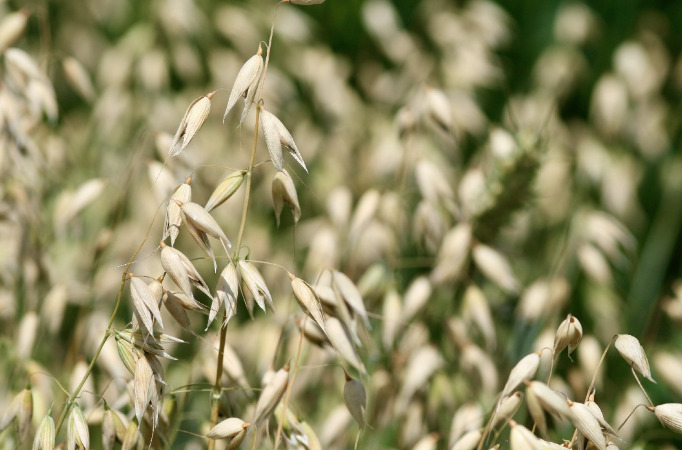Ira A. Fulton College of Engineering

BYU engineering students finished in the top 10 out of 100 teams in the University Rover Challenge, where contestants tested their student-built rovers to the limit.
BYU’s rover was one of the 35 finalists selected to compete at the Mars Desert Research Station near Hanksville, Utah, and placed ninth out of 100 total teams.
For the competition, the BYU rovers had to prove they could manipulate toggles, switches, latches and keyboards, pick up and put down objects, drill through desert materials and detect life.
“The BYU Mars Rover isn’t going to Mars, but the people who are developing it might,” said BYU mechanical engineering major Dallin Cordon. “And this isn’t a hypothetical. Currently we have BYU alumni working at NASA’s Jet Propulsion Lab.”
Marriott School of Business
BYU Marriott School of Business Career Center Bill Keenan works to teach and advise undergraduates to find jobs after graduation.
Keenan does this by improving their résumés, practicing interviews and thinking through job options.
After working in the strategy field for more than 30 years, Keenan started working at BYU Marriott in 2014, and said he does not wonder anymore whether he is actually making a difference and helping society.
“I don’t have to worry about those questions at BYU Marriott because I feel I have the most chances to individually help someone than at other times in my career,” Keenan said. “The best payback is when I feel I have truly helped a student in their job search.”
College of Life Sciences

BYU plant and wildlife science professors Rick Jellen and Jeff Maughan, along with a team of researchers from five countries, successfully sequenced the complex oat genome and had their findings published in the June 2022 cover article in Nature.
The oat provides prosperity to millions of people but it also hold the key to health benefits without triggering allergies compared to other cereals such as wheat or rye.
Thanks to the work of scientists, the sequenced genome will empower researchers and breeders to develop more resilient oat varieties with enhanced nutritional properties, functionalities and sustainability.
“In Finland, Sweden and Norway oat has always been an important crop,” Jellen said. “But because they’re farther away from the equator, it’s a cooler environment.” Jellen explained that for the plant to survive in such cold conditions, scientists will need to continue adjusting the oat’s genome, which requires a greater understanding of the genome’s ancestors.
When asked about the research process, Maughan and Jellen noted how remarkable it was to work with international scientists on the project.




